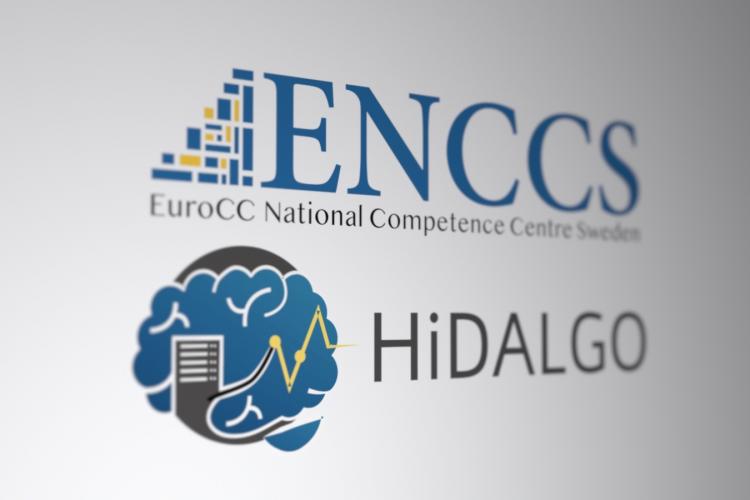This training event started with an introductory talk to provide a view of high-performance data analytics (HPDA) from the HiDALGO perspective. The main concepts were presented, listing the tools that have been used, together with information about benchmarks the consortium have done (as a source of information about their scalability). This introduction also presented how these tools are being applied in HiDALGO, in order to solve different problems.
The following part of the training focused on HPC and HPDA technologies, applied to use-cases such as Urban Air Pollution (UAP). The UAP application is a software framework for modeling the vehicular traffic emitted air pollution and its dispersion at very high resolution by using geometry inputs (Open Street Map), coupled weather data (ECMWF) and traffic simulation (SUMO), computational fluid dynamics (CFD) tools running on HPC infrastructures (OpenFOAM), and evaluation with HPDA methods.
This HPC/HPDA/UAP-part of the training introduced the UAP concept, workflows, implementations, application of the CFD-module in HPC environment, deployment to HPC, running, and HPDA for evaluation and model order reduction. Participants learned the techniques of these parts from a general perspective, namely, HPC workflow modeling (TOSCA in YAML rendering), basics of OpenFOAM for computation of air pollutant dispersion using HPC, and the applied HPDA methods for fast evaluation and model reduction (POD with SVD).
The last part provided an introduction to the data available at ECMWF and Copernicus, and the APIs for retrieving the data, followed by practical sessions on data exploration and manipulation. After this web-seminar, participants are able to independently discover weather, climate, and environmental data produced and hosted by ECMWF, and also to retrieve and process this data using Python libraries.
The original Event Page is available here!

